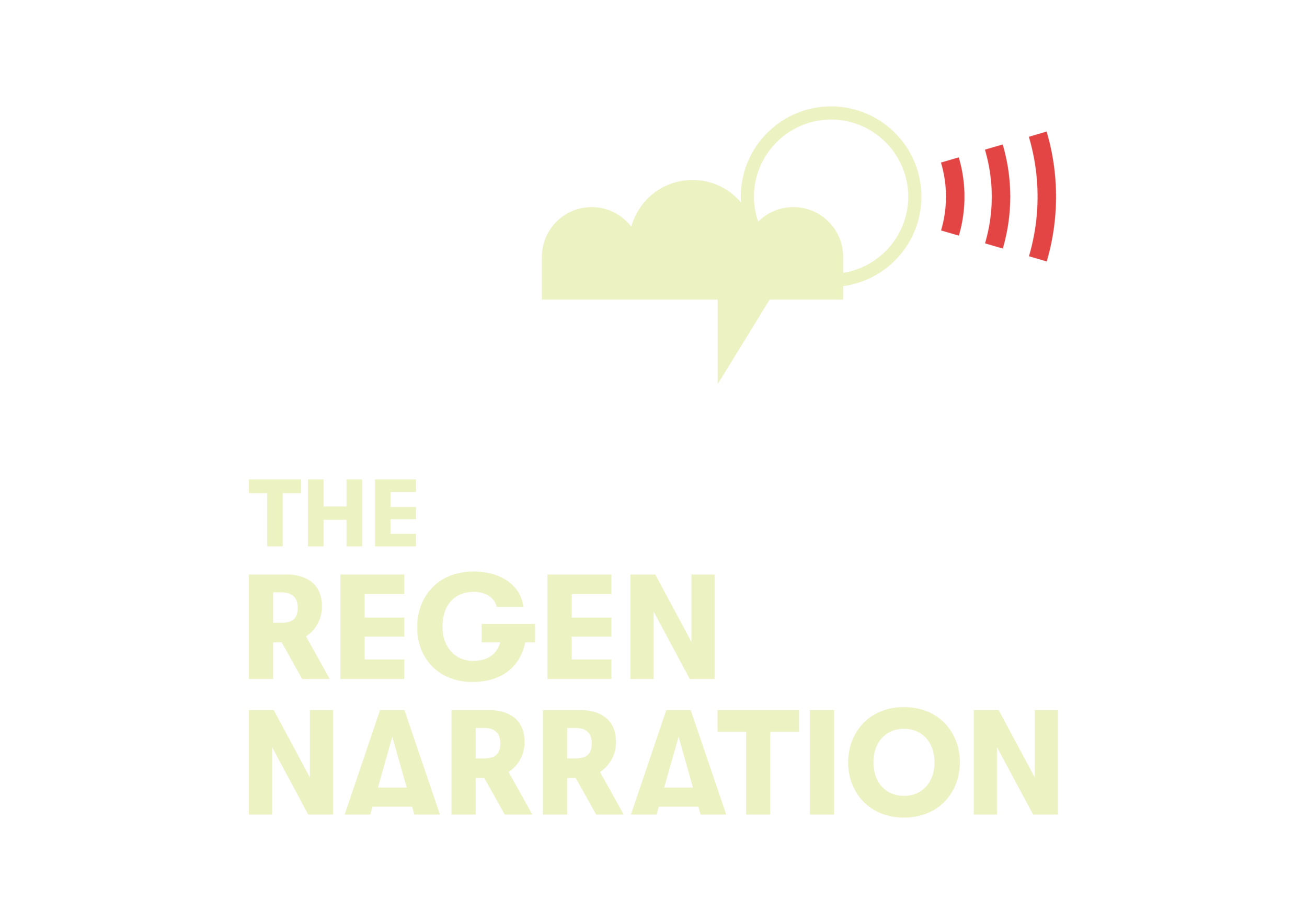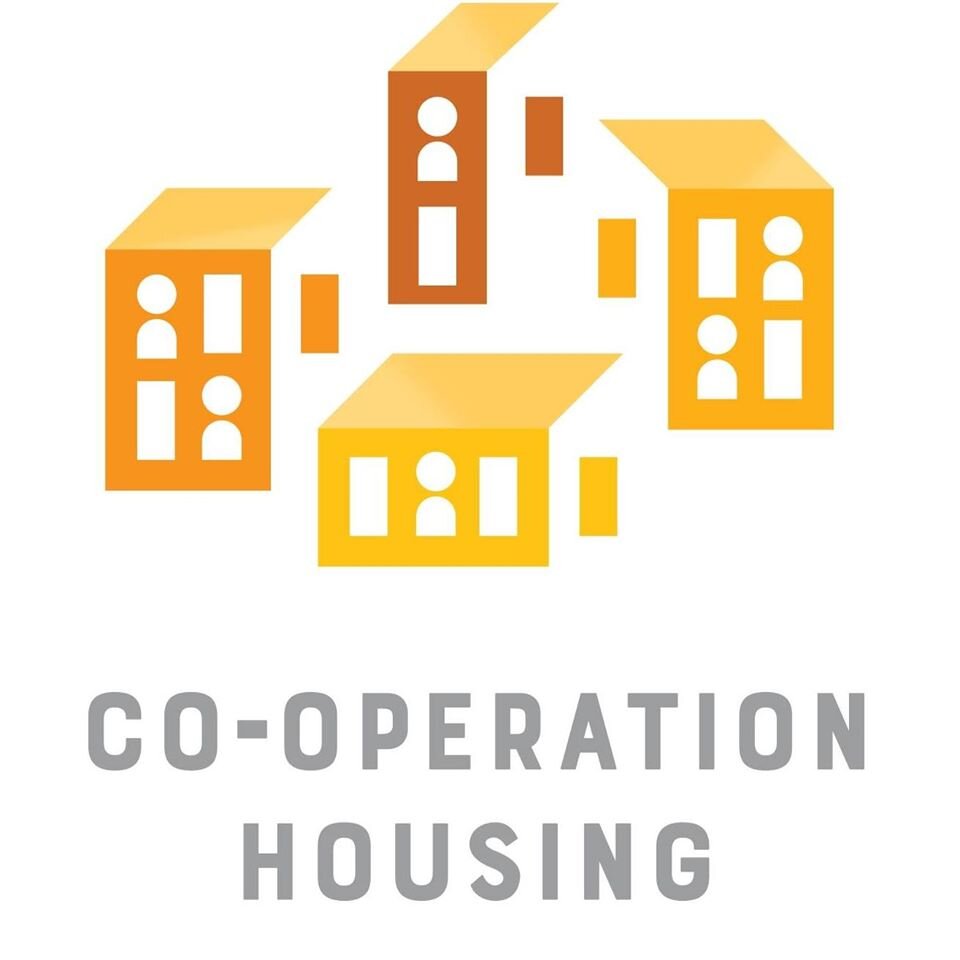#058 Home Is Where the Health Is
The successes, needs & potential of co-op housing – with live panel
“If, like us, you’re currently steeped in long days of homebound self-isolation, take a look around your dwelling and observe a moment of gratitude. The more topsy-turvy the world outside becomes, the more we can see the importance of a stable place to live, and that housing and health are often the same thing.” – Reasons to be Cheerful article ‘Why Hospitals are Building Housing’.
Anthony James, Peter Shooter, Michelle Mackenzie, Anthony Taylor, Dr Jasmine Palmer and Eugenie Stockmann. Pic: Miles Noel.
“They completely blew me away from a sustainability perspective. And the social connections created between residents but also the facilities, networks and social capital they provided to that whole neighbourhood, including influencing the sustainability of the built form all around them, was remarkable. ”
Around the world, co-ops are playing a significant role in providing housing solutions, and in the process building empowered, sustainable and healthy communities. Up to 40% of housing in some cities around the world is in coops. Whether you’re talking financial, social, environmental, cultural or health outcomes, the benefits across the whole of society can be enormous.
So what are housing cooperatives? What are the main benefits and challenges? Why are they so successful in some parts of the world? And what’s needed to do more of them elsewhere?
To talk about all this, I hosted an outstanding panel brought together from around Australia by Eugenie Stockmann. Eugenie is an award-winning developer, sustainability consultant, affiliate of an international network of cohousing professionals, and now CEO of Co-operation Housing.
Joining her on the panel are:
Dr Jasmine Palmer: researcher focusing on collaborative housing and sustainable design. Jasmine is also a member of Urban Coup Cohousing in Melbourne.
Anthony Taylor: Policy Officer at the Business Council of Co-operatives and Mutuals - the peak body and voice for Co-ops and Mutuals in Australia.
Michelle Mackenzie: CEO of Shelter WA - an independent peak body, based in Perth Western Australia, that advocates for social and affordable housing and ending homelessness.
Peter Shooter: Resident First Fremantle Housing Collective and Chair of Co-operation Housing.
With an impromptu appearance from Danielle Pender, Manager of the Community Housing Strategy at the State Department of Communities.
It’s telling that here in Western Australia alone there are 9,000 homeless people and more than 14,000 on the social housing wait list. At the same time, so much of our housing is under-utilised and misdirected. For example, 82% of housing consists of 3 to 5 bedrooms, but 58% of WA homes house just 1 or 2 people.
So how much housing do we need? How do we direct that need most effectively? And where will the investment for this come from, especially given the problems with even impact and social investment expectations? (There was a bank representative present in the room for this conversation, and his involvement was open and instructive.)
The event also launched a series of five short videos on existing housing co-operatives, screened prior to the panel conversation. Film-makers Georgi Ivers and Jake Bamford worked with prominent West Australian artist and Co-operation Housing board member, Sohan Ariel Hayes (who credits being a coop housing resident with enabling his successful artistic life).
This episode of The RegenNarration is produced with thanks to Co-operation Housing. The event took place at the University of Notre Dame in Fremantle.
Get more:
On the event and panellists.
Co-operation Housing website (with the new videos on the home page and respective co-op housing community profiles).
Music:
The System, by the Public Opinion Afro Orchestra.
Concluding music by Jeremiah Johnson.


